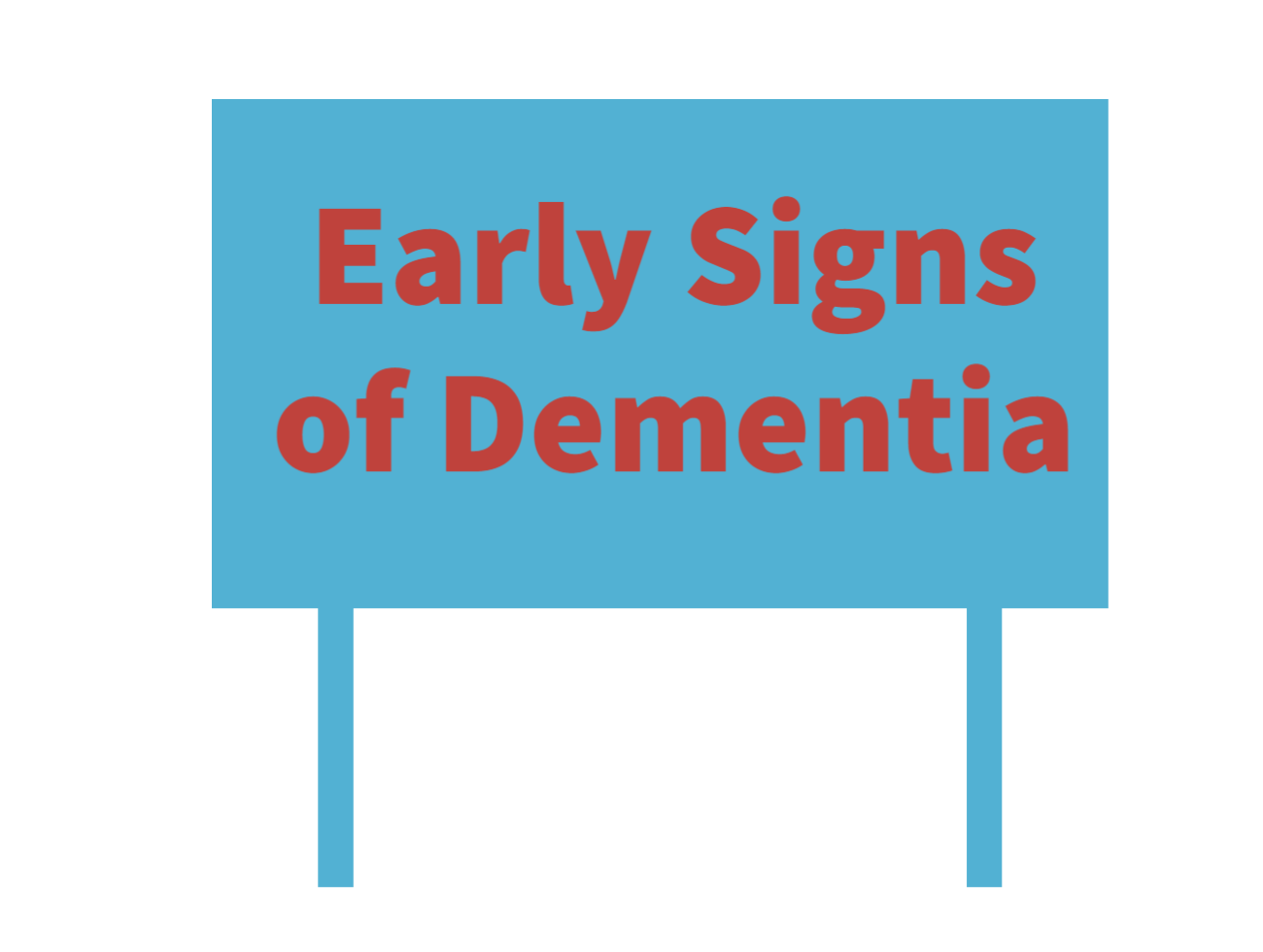According to experts, as many as five million Americans age 65 and over suffer from Alzheimer’s. The early signs of Alzheimer’s may not be obvious, or they may be confused with the forgetfulness that sometimes comes with aging. If you have concerns about a loved one, the Alzheimer’s Association provides signs of Alzheimer’s to look for. The checklist also includes helpful examples of typical changes that are related to age, not Alzheimer’s. For example, occasionally forgetting a name or an appointment but remembering it later happens to many of us as we grow older. Consistent difficulty with recall, however, may be an issue.
If you are concerned about someone you know, make a note of:
- The specific changes you are seeing, for example, if a loved one who has always taken pride in cleanliness is starting to show a lack of attention to housekeeping and personal hygiene.
- When you first started noticing the signs.
- How often you notice the signs.
- Other health issues that you may be aware of. For example, difficulties with spatial relations may be a sign of Alzheimer’s, but they can also be a symptom of a vision disease.
- How any changes may be affecting your loved one’s quality of life or safety.
It’s important that you share this information with your loved one’s doctor. Be specific. Keep in mind that your loved one’s doctor gets to see Mom mainly for the limited time of an office visit, during which she may seem perfectly normal. By tracking trends and changes in behaviors, you’re providing invaluable details that can help the doctor determine what may be going on and what the next steps should be.
For a geriatric specialist’s point of view, see “8 Behaviors to Track If You Think A Parent Is Getting Alzheimer’s” at A Place for Mom.
Remember, if your loved one is diagnosed with Alzheimer’s or another form of dementia, a community like Central Baptist Village offers the appropriate setting, support, care, and engaging activities to meet her physical, emotional, social, spiritual, and intellectual needs. To learn more, please call us at 708-583-8500.

